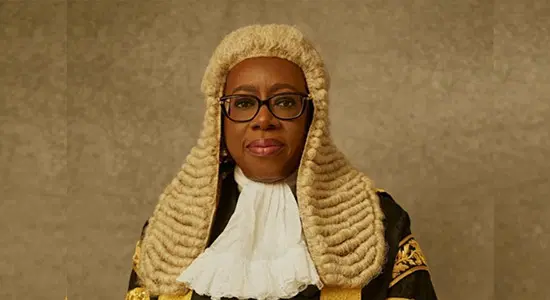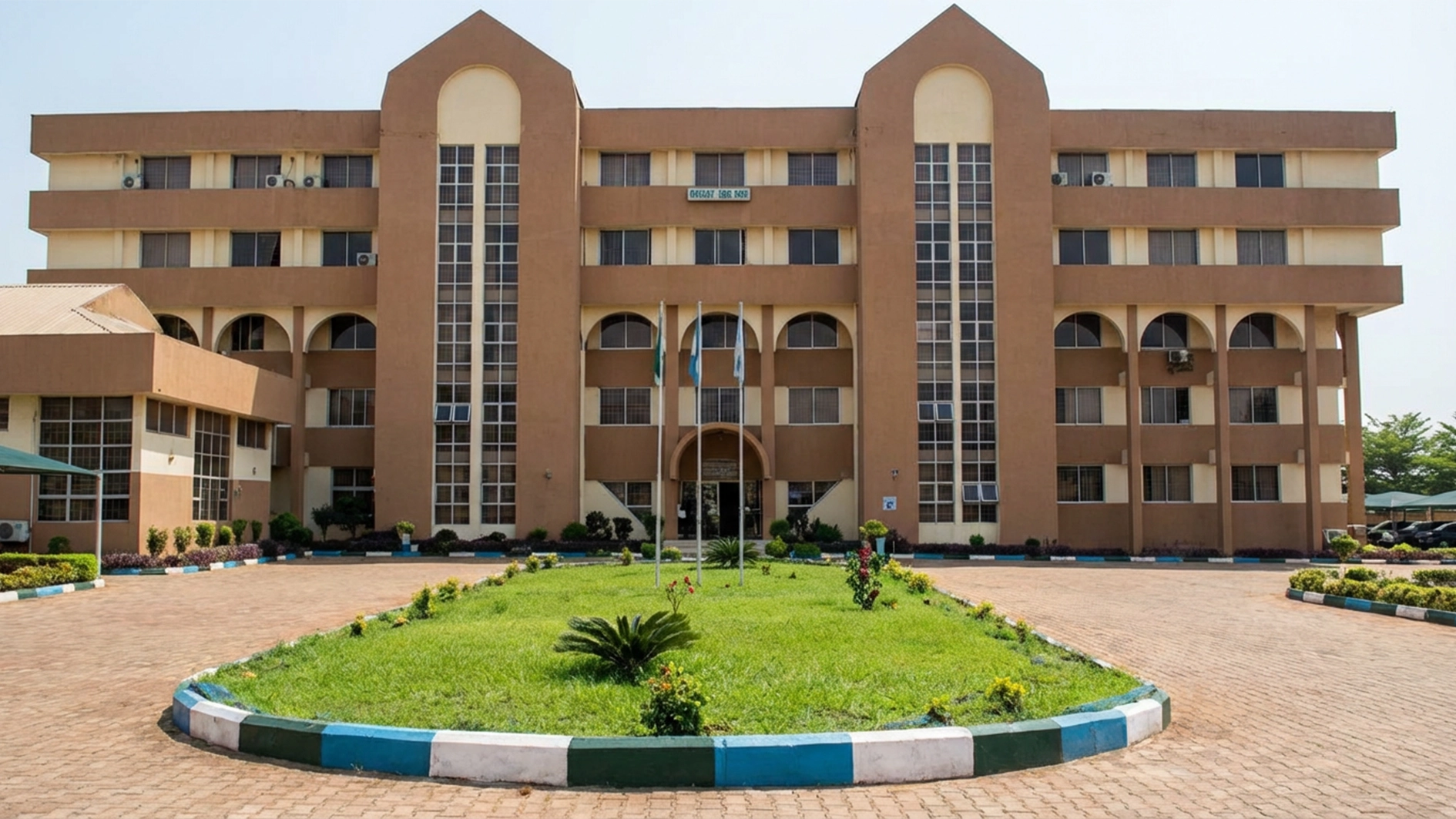AS the United Nations celebrates its 80th anniversary—and with only five years remaining to realise the Sustainable Development Goals (SDGs)— the world body has been urged to fulfill its vision of “leaving no one behind” and becoming “better together” by including Taiwan.
Taiwan has also called on the International Civil Aviation Organisation (ICAO) to include it in its forthcoming conference.
Taiwan Minister of Foreign Affairs Lin Chia-lung, in a statement yesterday, argued that it is a key player and an indispensable partner in the Indo-Pacific region, working toward global peace, stability, and prosperity.
According to Lin, Taiwan stands on the front line of the Indo-Pacific’s first island chain, defending democracy and freedom from authoritarian expansionism.
The minister noted that the world today faces mounting uncertainties and challenges—from prolonged conflicts and democratic backsliding to economic coercion and disinformation campaigns.
“In this fragile global environment, peace cannot be taken for granted. Democracies must unite to bolster resilience and safeguard our cherished values and way of life.
“Taiwan is a key player and an indispensable partner in the Indo-Pacific region, working toward global peace, stability, and prosperity. It stands on the front line of the Indo-Pacific’s first island chain, defending democracy and freedom from authoritarian expansionism.
Taiwan also contributes significantly to stability and prosperity through its robust economy and semiconductor ecosystem. As the 21st-largest economy, Taiwan leads in artificial intelligence and semiconductors—producing over 60 percent of the world’s chips and 90 percent of its most advanced ones.
This economic strength fuels global growth and makes Taiwan an indispensable partner for global development in various fields.
“Taiwan is determined to defend democratic values, both at home and abroad. President Lai Ching-te launched the Four Pillars of Peace action plan last year, which commits to raising Taiwan’s defence spending and boosting whole-of-society resilience.
“Taiwan does not seek conflict with China and will not provoke it. In fact, Taiwan is urging Beijing to resume dialogue on the basis of parity and dignity.”
The statement added: “In addition, the Ministry of Foreign Affairs adopted an ‘Integrated Diplomacy’ to leverage Taiwan’s diplomatic, defence, technological, and economic strengths.
“With this smart power approach, Taiwan is navigating complex international relations, enhancing its global presence, and contributing to a more stable and prosperous world.
“Through the global democratic values chain, Taiwan strengthens partnership with democracies facing uncertain geopolitical risks to resist authoritarian influence, promote human rights, advance digital governance, and uphold the rules-based international order.
Taiwan’s resilience in the face of authoritarian threats proves that democracy can endure and thrive under pressure.”
Regrettably, Lin said despite Taiwan’s significant global contributions, it remains largely unrecognised by the international community and is unable to participate in the United Nations system, adding that Taiwan’s unwarranted exclusion stems from a deliberate misrepresentation of United Nations General Assembly Resolution 2758.
“However, UNGA Resolution 2758 does not mention Taiwan at all—it merely addresses China’s representation in the United Nations. The resolution does not state that Taiwan is part of the People’s Republic of China (PRC), nor does it grant the PRC the right to represent Taiwan in the UN system.
“As the United Nations celebrates its 80th anniversary—and with only five years remaining to realize the Sustainable Development Goals (SDGs)—it is time for it to fulfill its vision of ‘leaving no one behind’ and becoming ‘better together’ by including Taiwan,” the statement said.
Also, the Civil Aviation Administration under the Taiwan Ministry of Transportation and Communications said the country’s meaningful participation in the International Civil Aviation Organisation is necessary for global aviation safety.
Despite its long-term absence from the ICAO, the Minister of Transportation Chen Shih-kai, said Taiwan remains committed to ensuring aviation safety, efficiency and sustainable development of the global aviation sector.
Chen, in a statement, asserted that for decades, the Taiwan civil aviation authorities have mandated and upheld the highest standards of service and safety while meeting ICAO Standards and Recommended Practices.
“As a stakeholder in the international aviation community, Taiwan shares in the responsibility to safeguard regional and global aviation safety through participation in ICAO meetings. Taiwan will be able to continue to work with other coun,” Chen said.
As ICAO is set to convene its 42nd Assembly with the theme “Safe Skies, Sustainable Future,” Taiwan called on the organisation to bring it into the fold.
“With meaningful participation, Taiwan can contribute its professional expertise in pursuit of ICAO’s vision of safer skies and a more sustainable future.
“Taiwan’s CAA is committed to working with the international community to implement the Standards and Recommended Practices (SARPS).”






